Introduction to 12-Step Programs
12-Step programs have long been a cornerstone in the realm of addiction recovery. Originally conceived in the 1930s by Alcoholics Anonymous (AA), these programs have expanded to address a myriad of addictions and compulsive behaviors. This article delves into the origins, principles, and effectiveness of the 12-Step approach, as well as provides insights into its unique structure and communal philosophy. Through a comprehensive exploration, we aim to uncover what makes these programs both revered and debated in the addiction recovery landscape.
The Fundamentals of 12-Step Programs
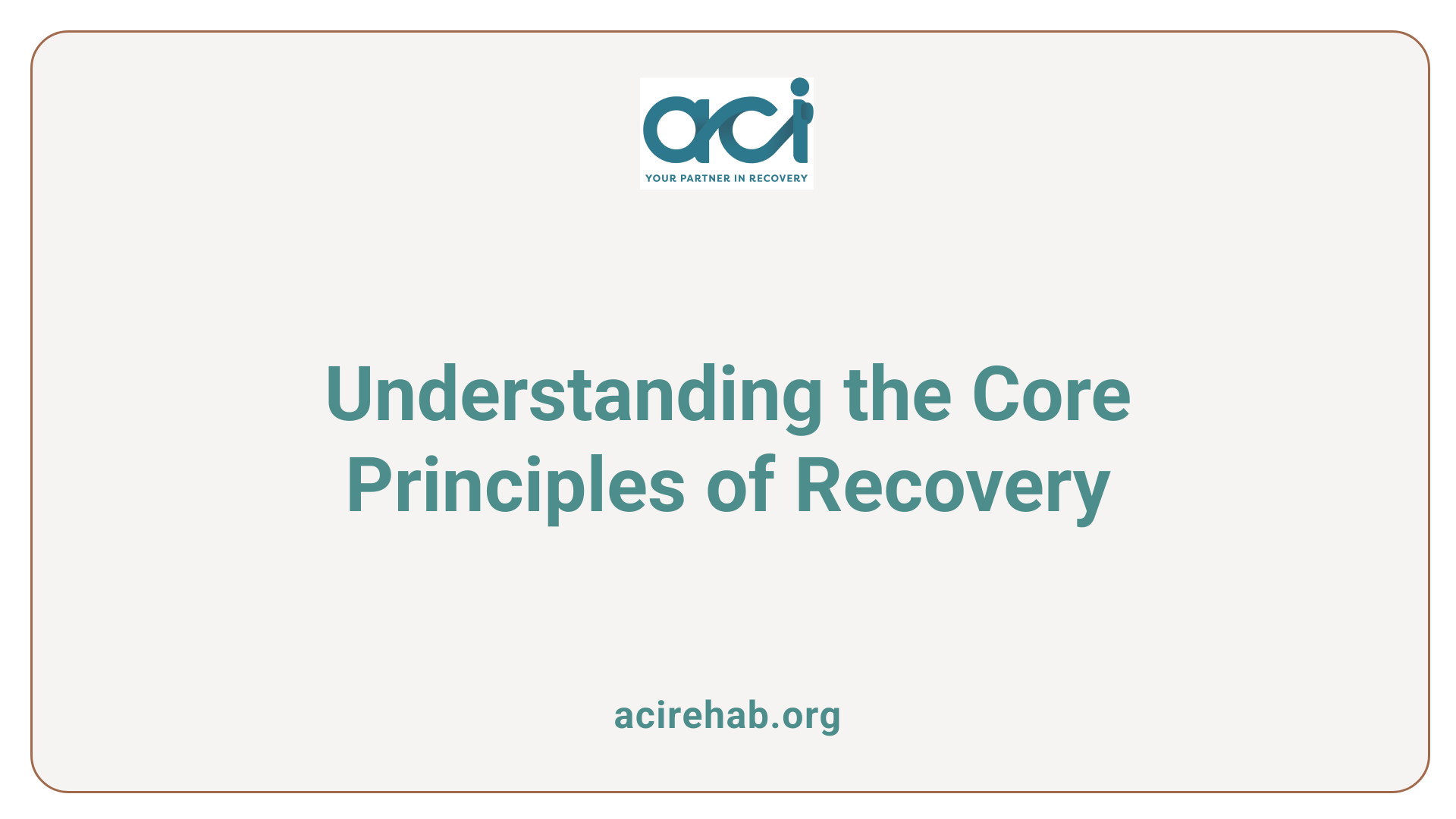
What is a 12-Step program for addiction?
A 12-Step program for addiction is a mutual aid approach aimed at supporting individuals in their recovery journey from substance and behavioral addictions. Originally developed in the 1930s with Alcoholics Anonymous (AA), the Twelve Steps involve key principles such as:
- Admitting powerlessness over addiction
- Believing in a higher power
- Making amends for past mistakes
- Helping others who face similar challenges
There are over 200 different fellowships that have adopted this model, including Narcotics Anonymous (NA) and Gamblers Anonymous (GA), each tailoring the steps to their specific needs. The program is built on the foundation of the Twelve Steps and the complementary Twelve Traditions, which guide group functioning and relationship-building. While the wording can vary to resonate with different communities and promote inclusivity, the core intent remains focused on recovery and personal growth.
Origins with Alcoholics Anonymous
The Twelve-Step program originated with Alcoholics Anonymous (AA), founded in 1935 by Bill Wilson and Dr. Bob Smith. Initially targeting alcoholism, the program provided a structured path toward recovery through community support and shared experiences. The Twelve Steps, outlined in the foundational AA literature, emphasize spiritual principles aimed at achieving sobriety. Since its inception, the model has evolved to address various other addictions.
Range of addictions covered
The versatility of the 12-Step approach allows for its application across numerous behavioral issues and substance abuse problems.
| Addiction Type | Example Program | Description |
|---|---|---|
| Alcohol Dependency | Alcoholics Anonymous (AA) | Focused on recovery from alcohol addiction |
| Drug Dependency | Narcotics Anonymous (NA) | Designed for individuals recovering from drug use |
| Gambling Addiction | Gamblers Anonymous (GA) | Addresses compulsive gambling behaviors |
| Overeating | Overeaters Anonymous (OA) | Supports recovery from eating disorders |
| Compulsive Behaviors | Sex Addicts Anonymous (SAA) | Helps individuals with compulsive sexual behavior |
Each of these programs maintains the core principles of the Twelve Steps while adapting them to the unique challenges faced by their members, showcasing the program’s adaptability and effectiveness in various contexts.
Core Principles of the 12 Steps
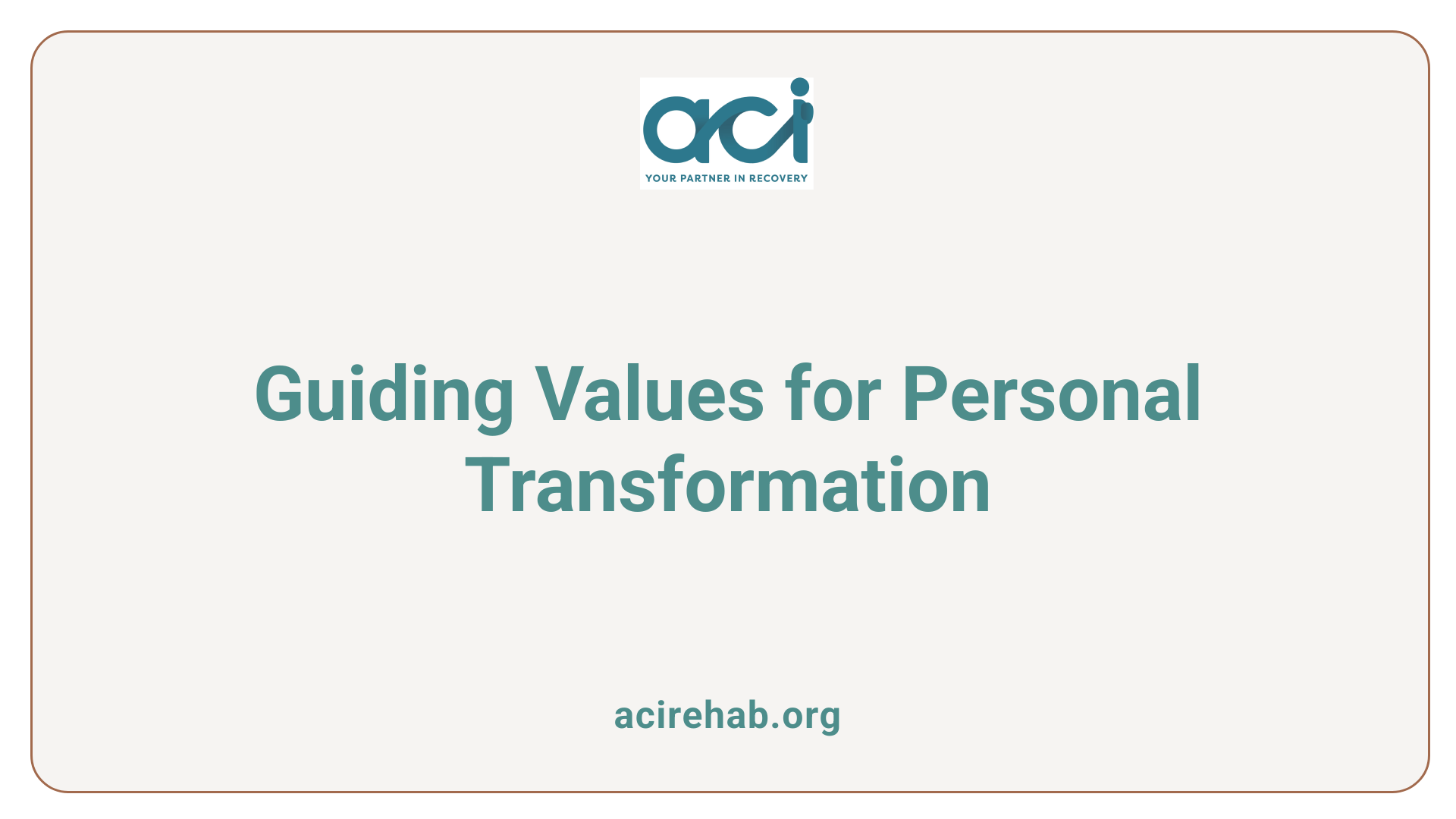
What are the principles of the 12-Step program?
The principles of the 12-Step program, formed by Alcoholics Anonymous (AA), provide essential guidance for individuals working towards recovery from addiction. Each step corresponds with a principle, such as:
- Honesty: Acknowledging the addiction.
- Hope: Believing change is possible.
- Surrender: Accepting powerlessness over the substance.
- Courage: Facing the challenges of recovery.
- Integrity: Taking responsibility for one’s actions.
- Willingness: Being open to change.
- Humility: Trusting the recovery process and others.
- Love: Fostering compassion for oneself and others.
- Responsibility: Owning one’s recovery journey.
- Discipline: Committing to regular practice of the principles.
- Awareness: Reflecting on one’s progress and challenges.
- Service: Helping others in their recovery.
These principles encourage self-reflection, foster spiritual growth, and promote community support among participants from various backgrounds.
Role of spirituality and community
Spirituality plays a significant role in the 12-Step philosophy, framing recovery not just as a personal endeavor but also as a journey influenced by a higher power. This does not necessitate a particular religious belief; individuals are free to interpret spirituality in a way that resonates with them personally. Coupled with this spiritual aspect, the importance of community is crucial. Group meetings create a supportive atmosphere where participants can share challenges and successes, fostering a sense of belonging and accountability.
Inclusivity and adaptability
The adaptability of the 12-Step approach is one of its greatest strengths. While grounded in specific steps, individuals can approach these principles at their own pace and personalize their recovery journey. Different programs born from the 12-Step model, such as Narcotics Anonymous or Gamblers Anonymous, tailor the principles to their specific addiction types while maintaining the core focus on mutual support and collective healing.
By embracing these principles, individuals can achieve not only sobriety but also profound personal transformation.
Breaking Down the 12 Steps
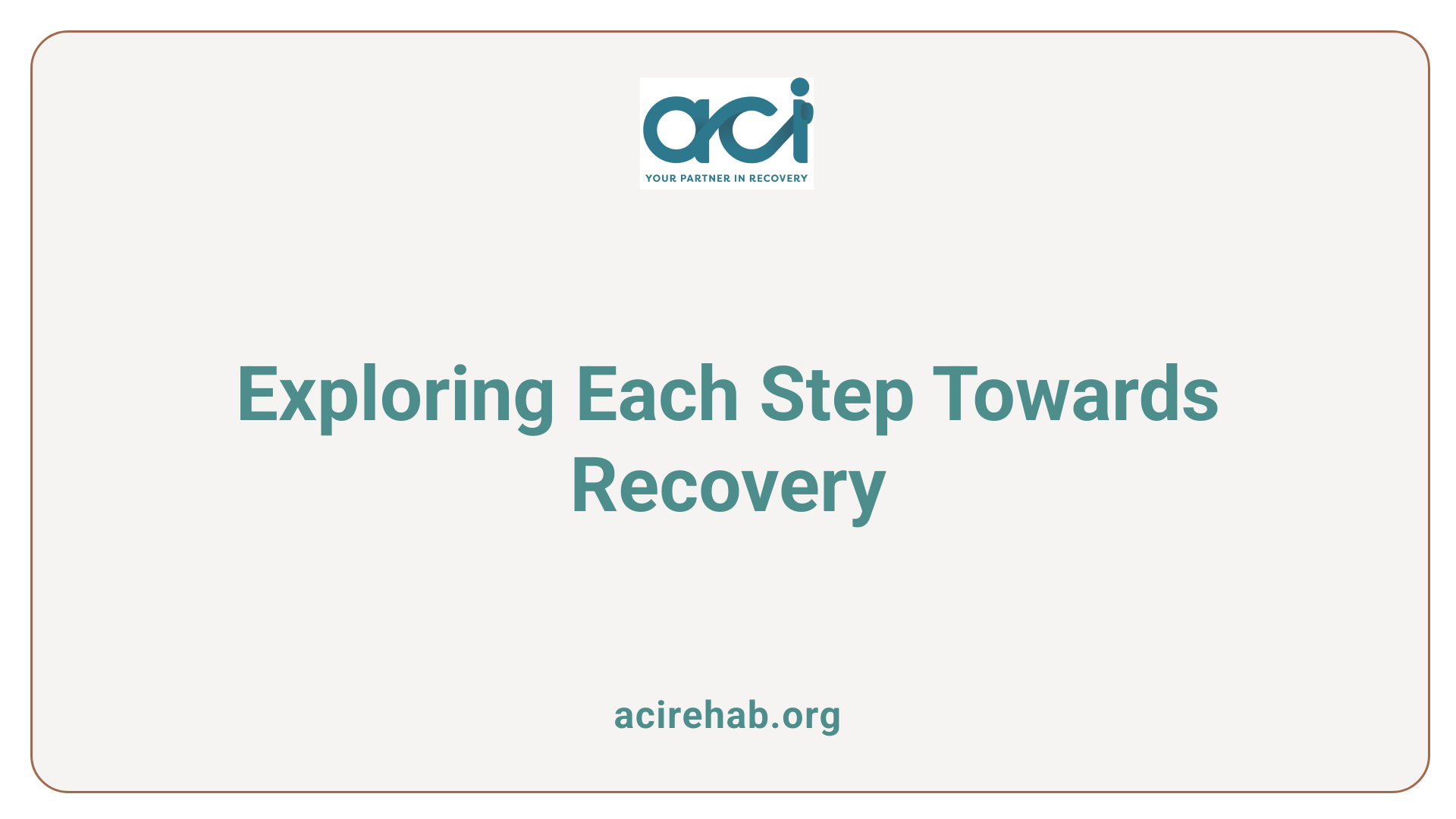
What are the 12 steps and what do they mean?
The 12 Steps, detailed in the foundational text "Alcoholics Anonymous," serve as a structured method for individuals aiming to recover from alcoholism, but they are also applicable to various forms of addiction.
| Step | Description | Purpose |
|---|---|---|
| 1 | Admitting Powerlessness: Acknowledging that one has lost control over their addiction. | Opens the door to recovery by accepting reality. |
| 2 | Belief in a Higher Power: Understanding that a power greater than oneself can restore sanity. | Instills hope and spiritual guidance. |
| 3 | Turning Will Over: Making the decision to surrender personal will to that higher power. | Reinforces reliance and trust in the recovery process. |
| 4 | Moral Inventory: Conducting a thorough self-assessment of character and past actions. | Encourages self-reflection and responsibility. |
| 5 | Confession: Admitting one’s wrongs to oneself and another person. | Supports emotional release and accountability. |
| 6 | Readiness to Remove Defects: Being willing to have the higher power remove shortcomings. | Promotes personal growth and readiness for change. |
| 7 | Asking for Removal: Humbly asking the higher power to remove character defects. | Represents vulnerability and commitment to improvement. |
| 8 | Making Amends: Listing those harmed and preparing to make reparations. | Encourages reconciliation and responsibility towards others. |
| 9 | Making Amends: Directly addressing those wronged, where possible. | Facilitates healing and restoration of relationships. |
| 10 | Continued Self-Assessment: Regularly taking inventory of one’s actions. | Promotes ongoing accountability and reflection. |
| 11 | Spiritual Connection: Seeking through prayer or meditation to improve contact with the higher power. | Deepens spiritual awareness and connection, which is crucial for recovery. |
| 12 | Helping Others: Carrying the message to others still suffering from addiction. | Reinforces community support and perpetuates the cycle of recovery. |
Role in Personal and Communal Recovery
The 12 Steps emphasize personal responsibility and accountability while fostering a communal environment. By sharing experiences and challenges, individuals find a network of support, reducing feelings of isolation often associated with addiction. Sponsorship plays a critical role in guiding newcomers, establishing a mentoring relationship that aids in personal growth.
In this context, each step is not just about individual recovery but also about building a supportive community, making the entire process an enriching experience for everyone involved. Engaging in these practices leads to lasting positive change, both personally and collectively.
Effectiveness and Criticisms of the 12-Step Model
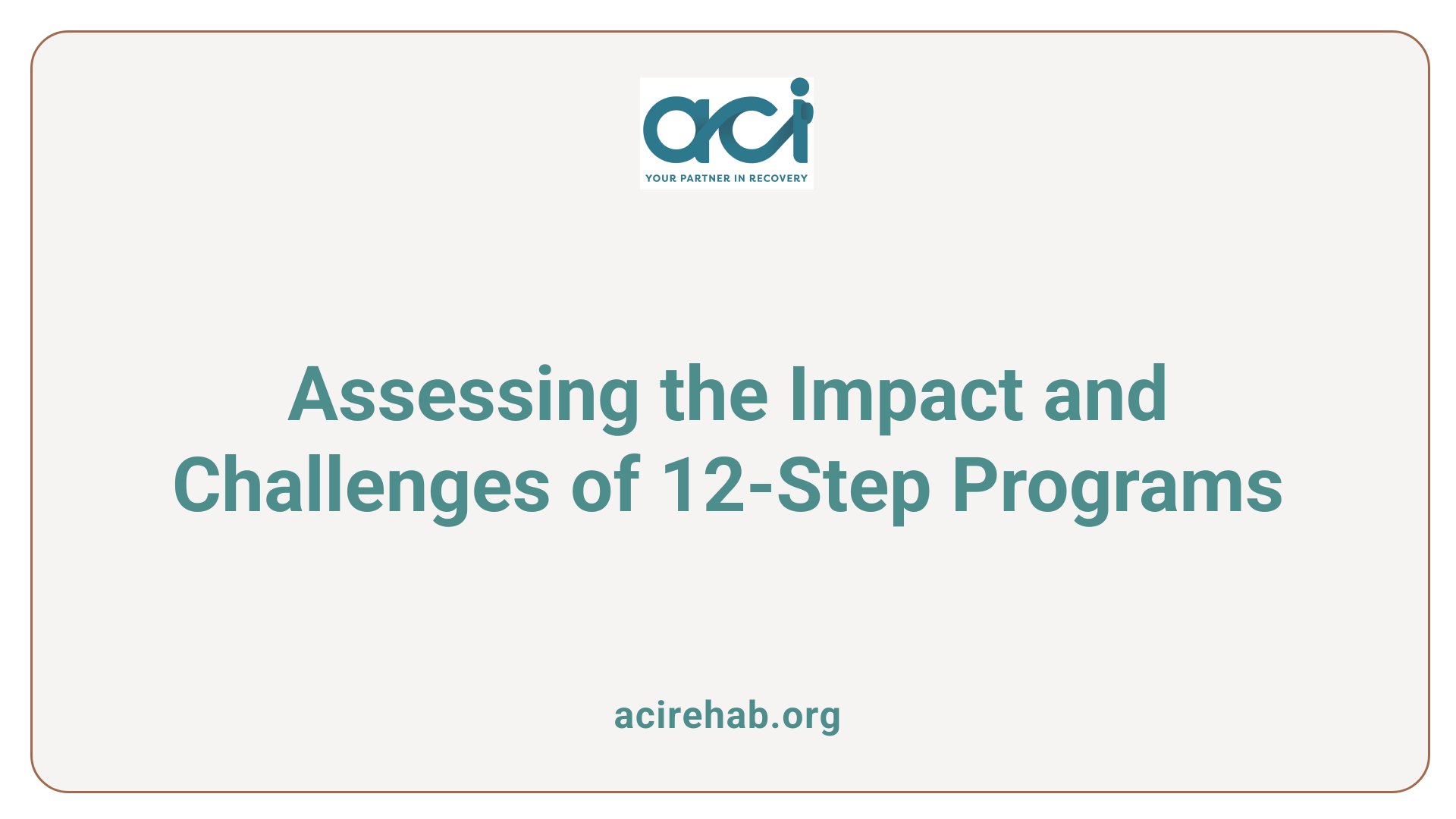
What is the purpose of working the 12 steps?
The purpose of working the 12 steps is to provide individuals struggling with addiction a structured pathway to recovery. Developed by Alcoholics Anonymous in 1938, the program emphasizes personal accountability, spirituality, and community support, which are crucial for sustainable sobriety. The steps help participants identify risk factors, develop coping strategies, and foster a connection with a higher power, instilling hope and acceptance.
Evidence of program success
Research supports the effectiveness of 12-Step programs. Studies demonstrate that participation in groups like Alcoholics Anonymous (AA) significantly increases abstinence rates compared to those who don’t engage in these programs. For instance, active involvement in 12-step meetings has shown to correlate with longer periods of sobriety, with some members maintaining abstinence for over five years. Programs emphasize mutual support, which has been effective in encouraging honesty and fostering accountability among participants.
Critiques and challenges of the approach
Despite the positive outcomes, the 12-Step model faces criticism. Some individuals resist the spiritual aspect, questioning the requirement of surrendering to a higher power. Others may struggle with group dynamics and find it challenging to take ownership of past actions in a vulnerable setting. Psychological critics of the model argue that it lacks formalized medical treatment methodologies and suggest that alternatives like cognitive behavioral therapy (CBT) could be more effective in some cases.
Comparisons to other treatment methods
Comparative research indicates that while 12-Step programs are effective, they may not be the best fit for everyone. Non-12-Step alternatives, such as SMART Recovery, focus on self-empowerment and structured cognitive techniques without a spiritual component. However, numerous studies suggest that 12-Step programs offer a robust framework with unique benefits, such as fostering a strong community, providing ongoing support, and creating a structure conducive to recovery.
| Aspect | 12-Step Programs | Non-12-Step Alternatives |
|---|---|---|
| Community Support | Strong peer support and accountability | Varies, often less community-oriented |
| Spiritual Component | Involves belief in a higher power | Emphasizes self-reliance without spirituality |
| Effectiveness | High correlation with long-term sobriety | Effective but may not suit everyone |
| Flexibility | Structured yet adaptable approach | Structured with different focus |
Support Groups and Community Involvement
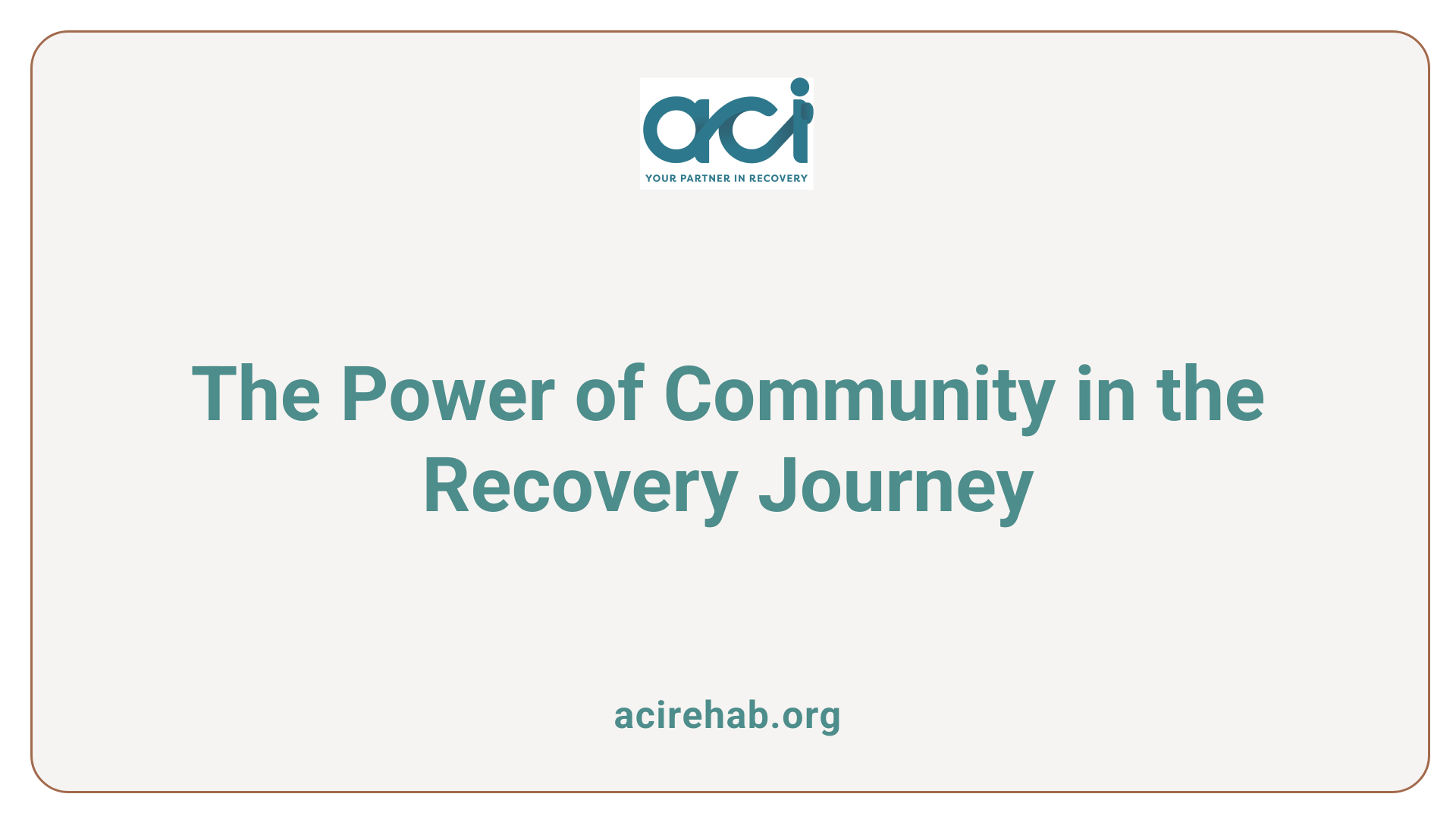
Role of Support Groups in Recovery
Support groups are fundamental in the recovery process for individuals battling addiction. Programs like Alcoholics Anonymous (AA), Narcotics Anonymous (NA), and Gamblers Anonymous foster a sense of belonging and accountability among members. These mutual support groups provide a structured environment where individuals can share their experiences and challenges without judgment.
Importance of Anonymity and Peer Support
Anonymity is a cornerstone of 12-Step programs, creating a safe space for participants to disclose their struggles. This confidentiality encourages members to open up and support each other, forming deep connections and trust within the group. The emphasis on peer support helps individuals recognize that they are not alone in their journey, reinforcing their motivation to stay sober.
Diverse Groups Adopting the 12-Step Model
The 12-Step model has been widely adopted beyond alcohol addiction, addressing various issues such as drug addiction and gambling. Organizations like Narcotics Anonymous and unique groups for other compulsions utilize the foundational principles of the 12 Steps, adapting them to suit diverse needs while maintaining a focus on recovery. This adaptability has led to the establishment of over 118,000 groups worldwide, supporting millions on their paths to recovery.
Benefits and Challenges of Participation
Advantages of Joining 12-Step Programs
Participating in 12-Step programs offers numerous advantages for individuals striving for recovery. One notable benefit is the supportive community it fosters, where members share experiences and encourage accountability. The structured approach helps in setting clear goals for recovery, and participation often correlates with reduced relapse rates. Additionally, the programs are free and inclusive, allowing anyone with a desire to stop their addiction to join without financial barriers.
Potential Obstacles Faced by Participants
Despite the benefits, participants may encounter challenges. Some individuals resist the spiritual component, which can hinder acceptance of the program’s principles. Others may struggle with vulnerability in group settings, making it difficult to share their personal stories. Commitment to consistent attendance can also pose a challenge for those dealing with busy schedules or other life responsibilities.
Long-Term Impact on Recovery
Research indicates that active involvement in 12-Step programs significantly improves long-term recovery outcomes. Many participants report extended periods of abstinence and better psychosocial functioning, emphasizing the effectiveness of regular engagement with the supportive community offered by these programs.
Suitability and Adaptation
Who should consider 12-Step programs?
Individuals facing challenges with substance use disorders or compulsive behaviors might consider joining a 12-Step program. These programs are particularly effective for those who feel a lack of control over their addiction and are seeking support from peers who share similar struggles. The only requirement for membership is a genuine desire to stop drinking or using drugs, making it an inclusive option for many.
Adapting the steps to different needs and beliefs
The 12-Step philosophy allows for flexibility, inviting participants to interpret the concept of a ‘higher power’ in a way that resonates with their personal beliefs, whether religious or secular. This adaptability has led to the emergence of various offshoots tailored to specific needs, such as Narcotics Anonymous (NA) and Gamblers Anonymous (GA), each following the core principles of the original model while addressing unique addiction challenges.
Global reach and cultural impact
With over 118,000 groups worldwide, the 12-Step program has significantly impacted global recovery efforts. More than 2 million members participate, reflecting the model’s adaptability to different cultural contexts while maintaining its foundational principles. The program’s emphasis on community and shared experiences fosters a supportive environment conducive to recovery, making it relevant across diverse populations.
The Enduring Legacy of 12-Step Programs
The 12-Step program remains a vital part of the recovery journey for many battling addiction worldwide. Its adaptability and focus on communal support and personal growth offer a structured yet flexible framework that countless individuals find beneficial for their unique paths to sobriety. While the approach is not without criticisms, its core principles of empowerment, accountability, and spirituality continue to underpin its enduring influence in the world of addiction recovery. As treatment methods evolve, the 12-Step model’s essence of community and shared growth ensures its relevance for future generations.
References
- National Helpline for Mental Health, Drug, Alcohol Issues – SAMHSA
- Twelve-step program – Wikipedia
- Twelve Steps of Alcoholics Anonymous | Hazelden Betty Ford
- 12 Step Program for Addiction: Types & Benefits – Banner Health
- 12 Step Programs for Addiction Recovery
- Addiction, 12-Step Programs, and Evidentiary Standards for …
- The Twelve Steps – Alcoholics Anonymous

